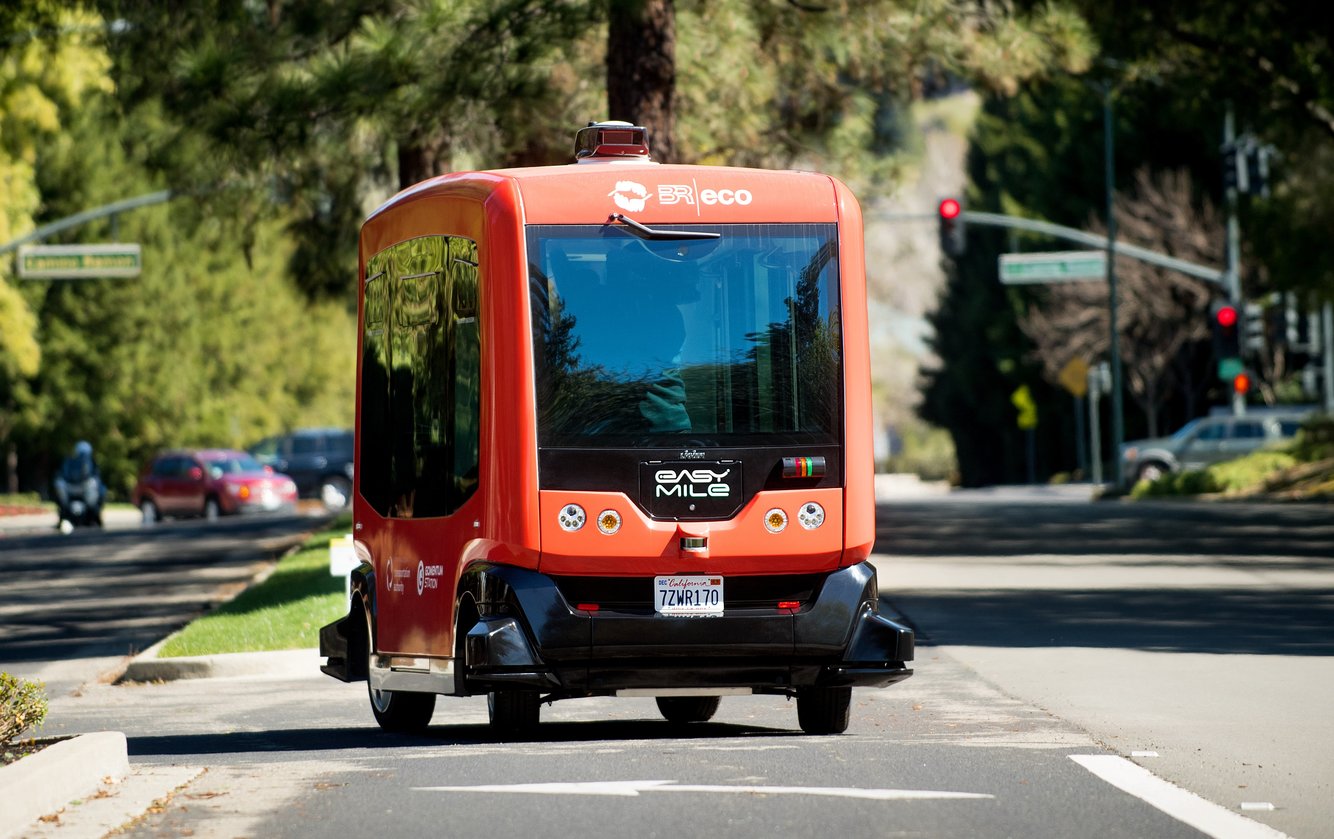Can Driverless Vans Help Commuters Avoid Congestion?
Autonomous vehicles are gaining traction on public roads quickly. Since last year an autonomous van in Las Vegas, Nevada, shuttles passengers on a three-block loop. In San Ramon, California, two driverless shuttles began circulating in March through a nearly 600-acre cluster of office parks. Even more recently in Ann Arbor, Michigan, a new driverless van is shuttling students and staff the 1-mile round trip between a research complex and a distant parking lot and bus stop in Ann Arbor, Michigan.
Autonomous transit projects are sprouting across the country, gauging people’s reactions and trying to increase their comfort with driverless transit.
With this in mind the City of Bellevue in Washington State hired a manager of transportation technology partnerships who’s working on the early stages of what officials hope will eventually be a vanpool service of autonomous vehicles, scheduled and summoned by smartphone app.
The goal is to coordinate with the region’s big employers to offer a transit option that can serve suburban areas better than full-size buses or trains. Transportation planners imagine a fleet of self-driving vans that, in the future, could entice commuters to ditch the cars that clog logal highways each workday.
“As more and more businesses come here and decide they want to locate in Bellevue and Kirkland, the main issue they face is how to attract employees due to the increasing congestion,” said Steve Marshall, Bellevue’s manager of transportation technology partnerships.
“It’s a convergence of the desire to help employees and reduce congestion as well as advancing technology,” Marshall said.
The city wants major employers to chip in: A fully realized program could cost hundreds of millions of dollars to build out.
The Bellevue Chamber of Commerce is working with local autonomous-vehicle evangelists to develop a driverless shuttle pilot program that could, hopefully, launch later this year on a loop in downtown Bellevue.
“The idea here is testing this technology as a first- and last-mile solution,” Iwasaki said. “If it works in San Ramon, conceivably it works across the U.S. in suburban applications.” Their goal is to develop a fleet of shuttles — eventually electric and autonomous — that maximizes flexibility.
The City of Bellevue is applying for a federal grant — the not-so-elegantly-named Advanced Transportation and Congestion Management Technologies Deployment Program — hoping for $6 million to $12 million to develop an app and plan the project.
Category: General Update, News











